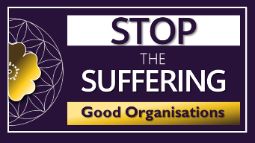
Stop The Suffering: Good Organizations Wanted!
(15 min read)

Carol Sanford is a distinguished global thought leader and business consultant, celebrated for her pioneering research into regenerative business models. In our conversation, we explore Carol's profound insights into critical and "essence" thinking, emphasizing the need for a shift towards a regenerative paradigm and challenging traditional feedback mechanisms. We delve deeper into the concept of regenerative business, uncovering how organisations can instigate systemic changes to benefit society and the planet. Carol invites us to reimagine conventional business strategies and practices, prioritizing the flourishing of all stakeholders, not solely shareholders. We also explore how leaders can assume "nodal" roles to nurture a regenerative culture, and redesign work to both unlock human potential and achieve extraordinary outcomes. Join us in this illuminating dialogue as we challenge established norms and contemplate the potential of a "living system" paradigm, to transform not only business but also our lives for the better.
Jump to
Why is the interview important? Who are we talking to?

Carol Sanford
We were compelled to interview Carol not only because of her profound and often unconventional suggestions, but also because her regenerative approach aligns with our commitment to fostering a responsible model for management based on a coherent set of philosophical principles. Hence, we were eager to delve both into her foundational philosophy and the practical ramifications of her approach.
In terms of ontology, Carol's work is intriguing because it appears to harmonize metaphysical realism, essentialism, and process ontology. It asserts the dynamic and interconnected nature of reality, where entities and systems are in a constant state of becoming, but also posits the existence of a natural 'essential' telos or spirit. Given this synthesis, we aimed to gain a deeper understanding of whether Carol's concept of "essence" in the context of "living systems," which conveys a sense of both holistic interconnectedness and primordial vitality, should be interpreted as reflective of a natural mysticism or deep ecology, or merely as a pragmatic means to foster an appreciation for the depth and complexity of ecological and systemic relationships in the business context. Carol's frequent references to indigenous thinking and unity with nature appear to suggest a transcendent spiritual or mystical dimension, without necessarily advocating for monism.
In her epistemology, Carol seems to blend pragmatism, emphasizing practical knowledge and experiential learning, with a resolute commitment to linguistic purity and developmental consciousness, somewhat similar to Husserl's bracketing.In a manner reminiscent of Otto Scharmer's "stop the downloading," she encourages individuals and organizations to challenge the status quo, embracing a more open and holistic perspective to uncover the deeper systemic nature of the world and the significance of human life.While she advocates for a critical, non-normative stance that transcends mere "do-goodism," her approach seems to inherently imply a normative ethical posture itself, which we were keen to explore further. While Carol'sdevelopmental approach appears to remain decidedly rational, there are also echoes of virtue ethics in her emphasis on responsible, regenerative business practices and the flourishing of all stakeholders.This amalgamation raises a pressing question:how to harmoniously integrate a robust focus on "exceptional business results" with ethical principles, particularly within a traditional business landscape fixated on shareholder returns.
Lastly, in the realm of business transformation, we had two aims: firstly, to gain a deeper understanding of how to identify and qualify the "essence" of organizations, a concept that seems closely related to Koenig's notion of the "source" or "organisational identity" (e.g. Volvo's essence being "safety"), and hence at risk of being instrumentalised, as per MacIntyre's critique of the "rogue institution."; and, secondly, how to craft specific "regenerative" practices that could enhance the positive influence of organizations. Carol's work is intriguing because, across her diverse writings, she presents a wealth of insights and recommendations for both individual and organizational development.
Carol Sanford is a global bestselling author, disruptive thought leader, and visionary business consultant renowned for her work in systemic business change and design. She is Senior Fellow in Social Innovation at Babson College, as well as the founder and designer of The Regenerative Business Development Community, an influential platform with nearly 500 lifetime members who actively engage in knowledge sharing and transformation. She also spearheads The Regenerative Change Agent Development community, an initiative uniting members from three continents to create meaningful change.
With over four decades of experience, Sanford has partnered with numerous top corporations, including industry giants such as Google, DuPont, Intel, Procter & Gamble (P&G), and Seventh Generation. Her award-winning books, such as "The Regenerative Business," "The Responsible Entrepreneur," "The Responsible Business," and "No More Feedback," are required reading at renowned business and management schools, including Harvard, Stanford, Haas Berkeley, and MIT. Carol also partners with producing Executive Education through Babson College, and The Lewis Institute at Babson.
Carol Sanford's remarkable achievements in the business world have earned her numerous accolades, including recognition as a Top Conscious Business Leader by Conscious Company Magazine for Global Impact, the Thought Leader Lifetime Achievement Award from Trust Across America-Trust Around the World, and the Athena Award for Excellence in Business, Mentorship, and Community Service. She is celebrated as a positive contrarian, challenging traditional practices and offering a pathway to extraordinary results for businesses and their stakeholders.
Exploring the Critical concepts for this session
A Resource Kit to launch your explorations
Selected published works
Live video recording and podcasts
Explanations, artefacts and references from the interview
What have we learned? Our "Best Bit" takeaways from the Interview

KEY INSIGHTS FROM THE INTERVIEW FOR OUR INQUIRY
Here you can find the most memorable insights from our interview, related to our three inquiry questions. Simply select from the drop down menu on the right -->
Share the most popular quotes with your social media connections: just click + save picture + post!






Unleash your curiosity and discover new insights
Further explorations about phenomenology and pragmatism
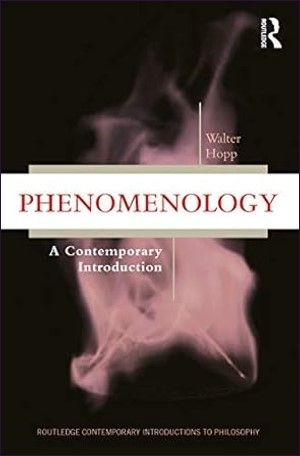
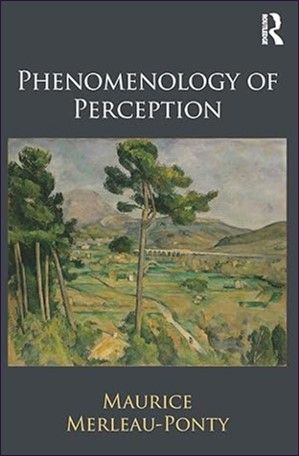
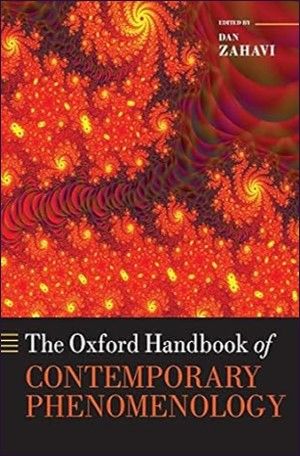
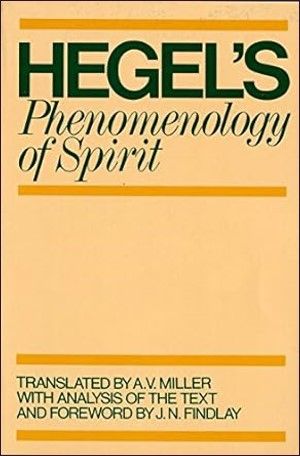
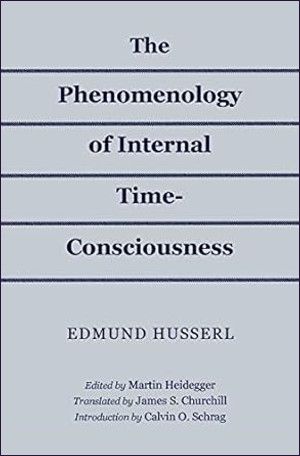
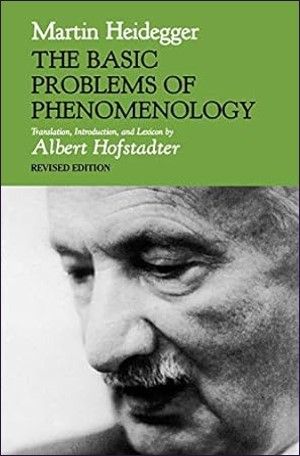
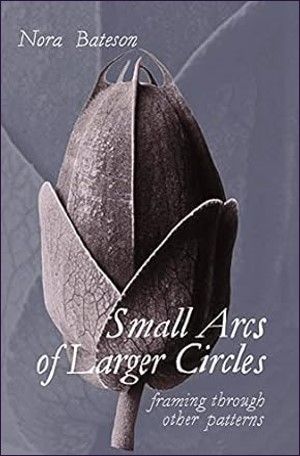
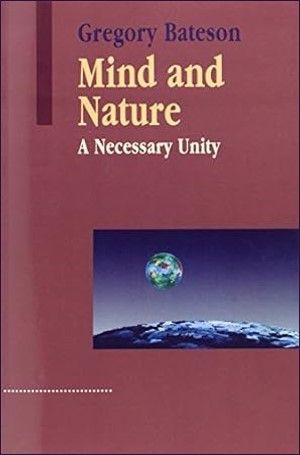
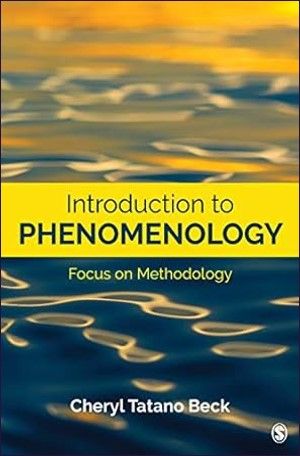
Further explorations about environmental/ecological ethics, deep ecology and linkages to human activity
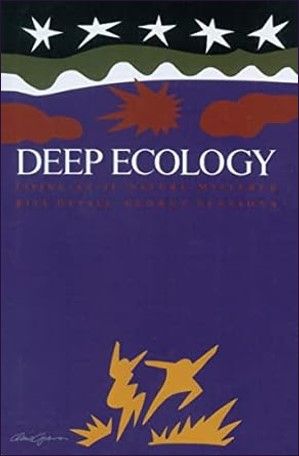
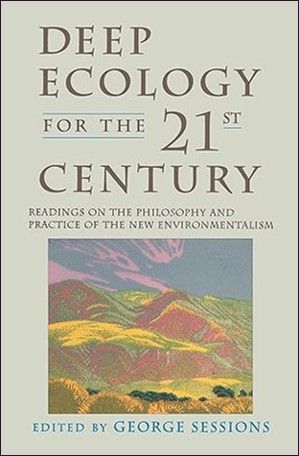
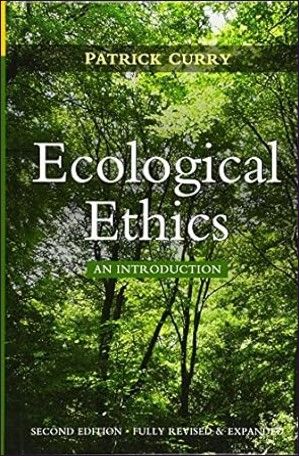
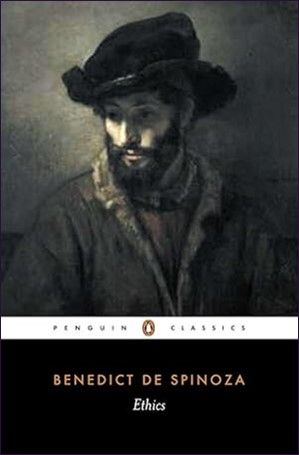
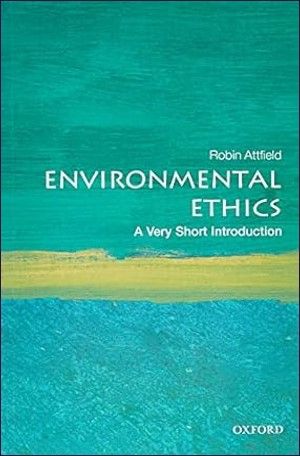
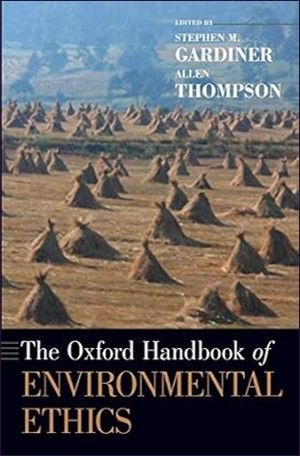
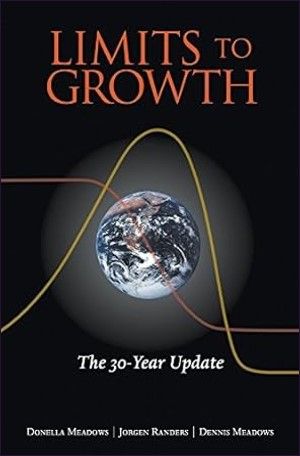
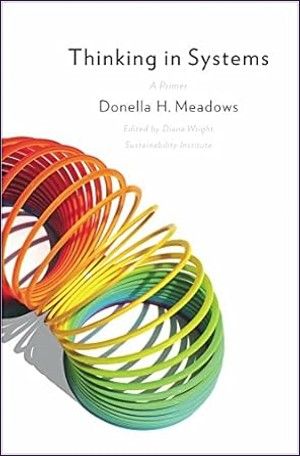
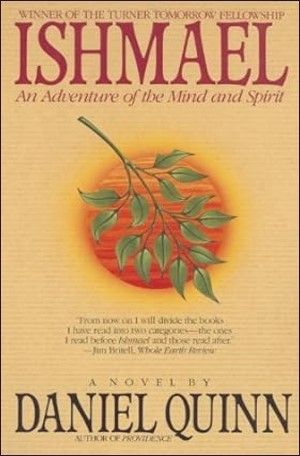
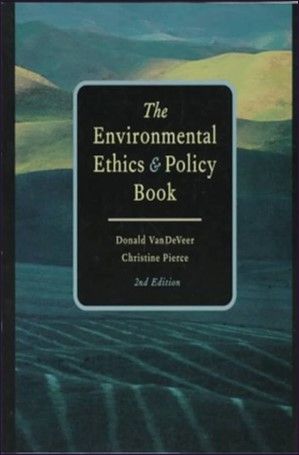
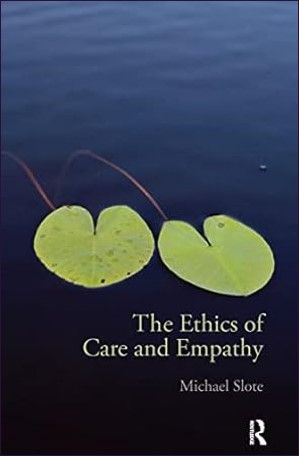
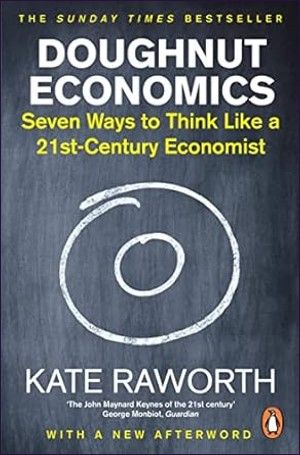
Related blog posts

(15 min read)

(3 min read)
Explore all the popular interviews in this section